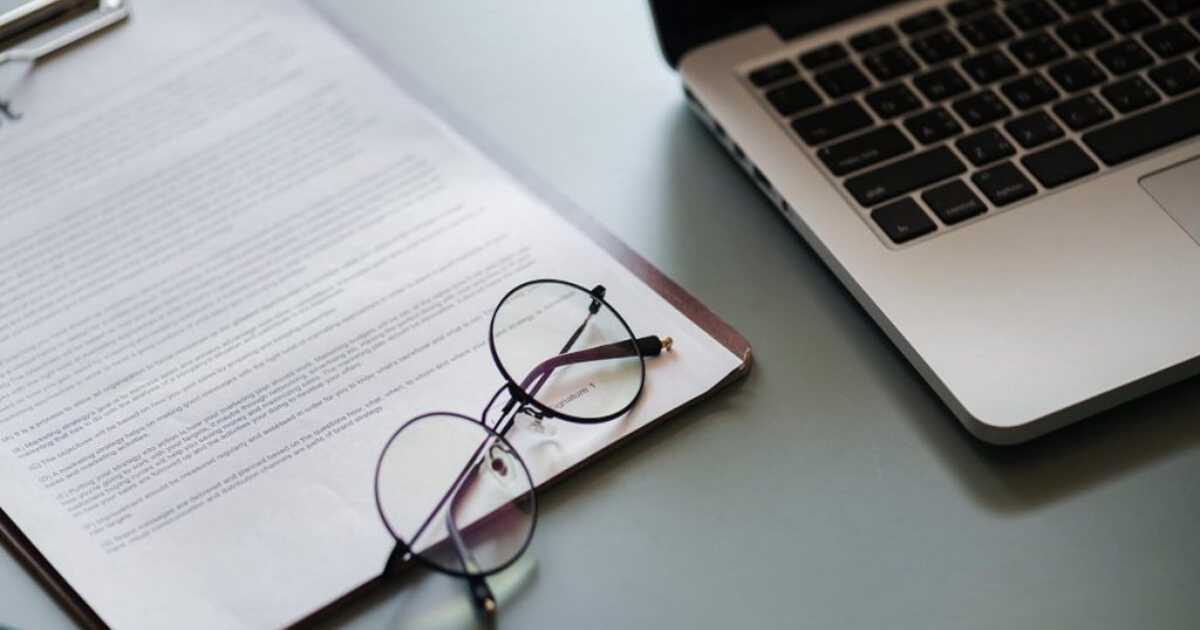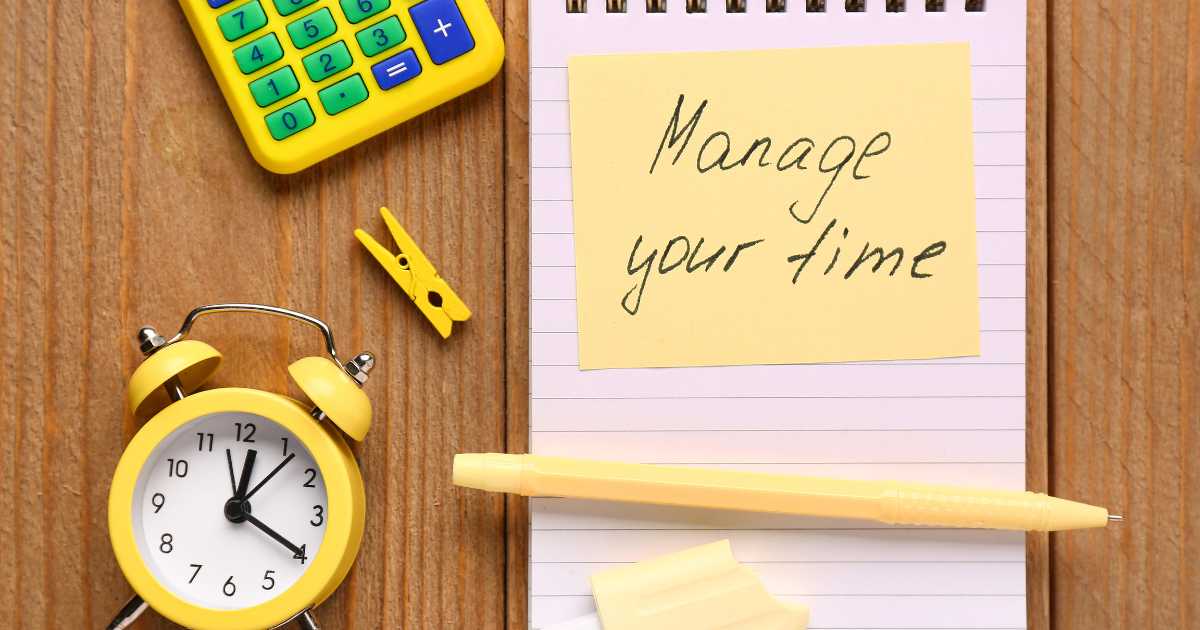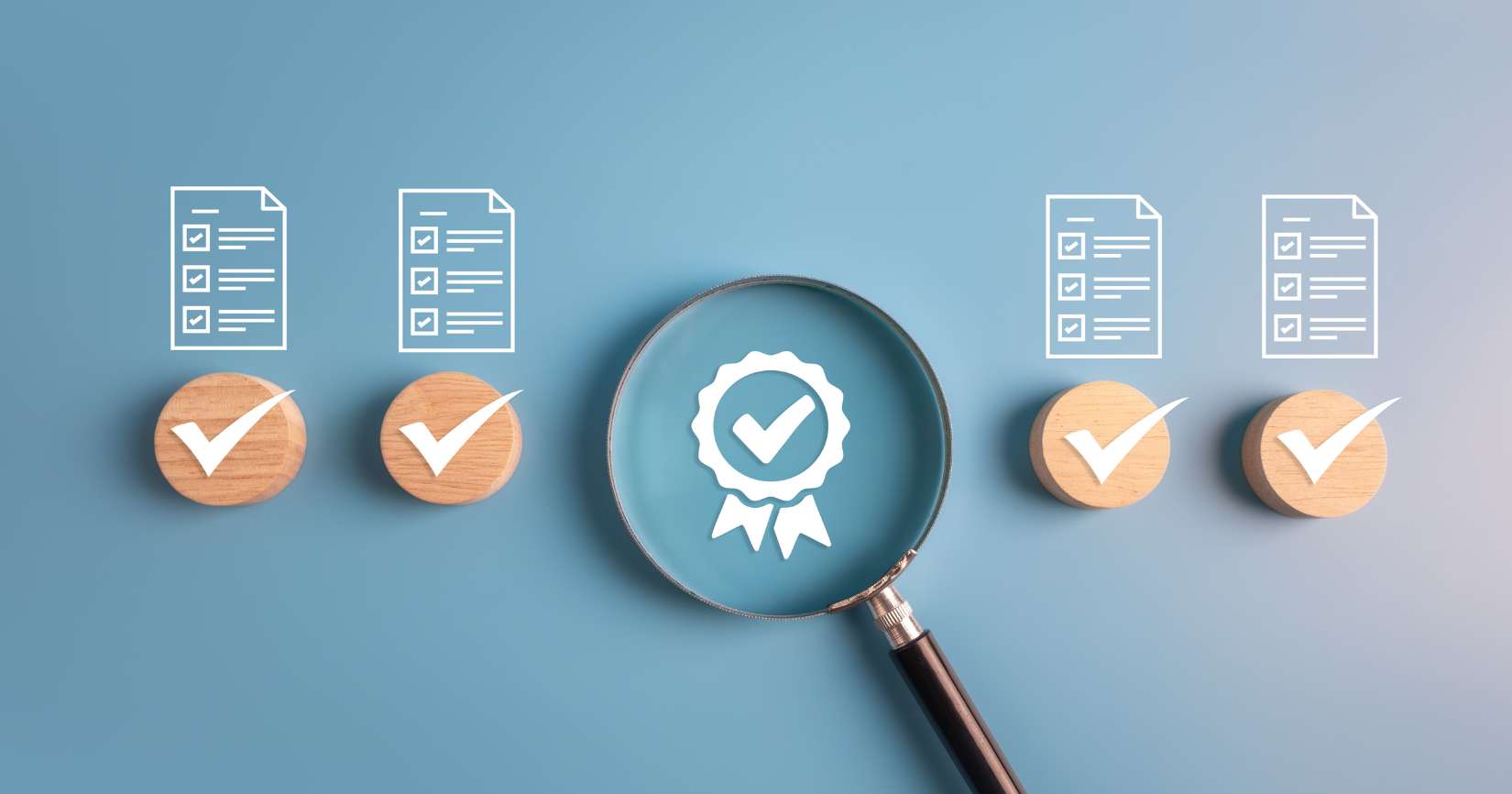
Legislation requires that certain types of businesses be in possession of a valid business or trade license. This can include businesses like a restaurant, coffee shop, a tavern or a health and wellness spa.
Because a trade license is not a requirement for every new business, it can be easy to fall on the wrong side of the law even before you start seeing profits.
Below we answer some of the most frequently asked questions about trade licenses and how they can impact your SME.
What is a Business License?
A business license allows you to establish a particular business in a specified area. The license also ensures that your business and the business premises meet all of the building regulations, public safety and health requirements. Trading without a valid license is a punishable offence.
Which Businesses Need Trade Licenses?
Most new businesses will not require a business license, but there are certain types of businesses that may not trade without a proper trade license, according to the Business Act 71 of 1991 that governs it. These include:
- Health clinics, spas, saunas, and public baths
- Massage parlours, laser and ultraviolet treatment centres
- Adult shops
- Cinemas
- Nightclubs
- Pool rooms
- Arcades
- Any business with three or more vending or slot machines
- Hawkers
- Places that serve food, provide takeaways or transport meals
See also: Licensing and Permit Requirements for the Food Service Industry
What is the Application Process?
Applications need to be completed and submitted to the relevant licensing department.
The application needs to include the following: copies of company papers, member’s identity documents, the manager’s identity document, as well as the payment of once-off fees.
How is the Success of the Application Determined?
Once you’ve submitted your application, the licensing department sends a report to the other municipal departments involved in the process. The application needs to comply with all relevant laws including:
- Health and Safety – Applicable to the requirements for food premises and the transport of food
- Noise and air pollution – Applicable to the control and prevention of noise and air pollution
- Building Control Unit – Applicable to building control in compliance with the National Building Regulations and Building Standards Act, 1977
- Urban Planning Unit – Applicable to land use rights
- Public Safety and Emergency Services – Applicable to public safety.
How Long is the Trade License Valid?
A trade license or application is not transferable at the change of ownership or from one premises to another. A trade license can be withdrawn or suspended if it does not comply with endorsements. Once the trading license has been granted, your premises may be inspected from time to time.
Tips from Standard Bank Bizconnect on How to Apply for a Business License
1. Know who you are dealing with. Depending on the location of your business, you will either be dealing with a metropolitan council, a local town municipality or an area district council. Either way, you will be dealing with the licensing office or licensing department in that municipality or council.
2. Get your facts right. Before joining any queues, first call your local council to confirm whether or not you need a business or trade license, and where you can obtain the necessary information and application forms.
3. Check for additional requirements. Find out whether or not your business will require any additional permits or certificates.
4. Know your by-laws. Business or trade license requirements are governed by the National Business Act and apply throughout the country, whereas permits and certificates are generally issued in terms of local authority by-laws. These by-laws tend to differ from municipality to municipality.
5. Get proof. Make sure that the licensing department issues you with proof of application and payment of fees before you leave their offices.
All information is from the official website of the City of Johannesburg.






